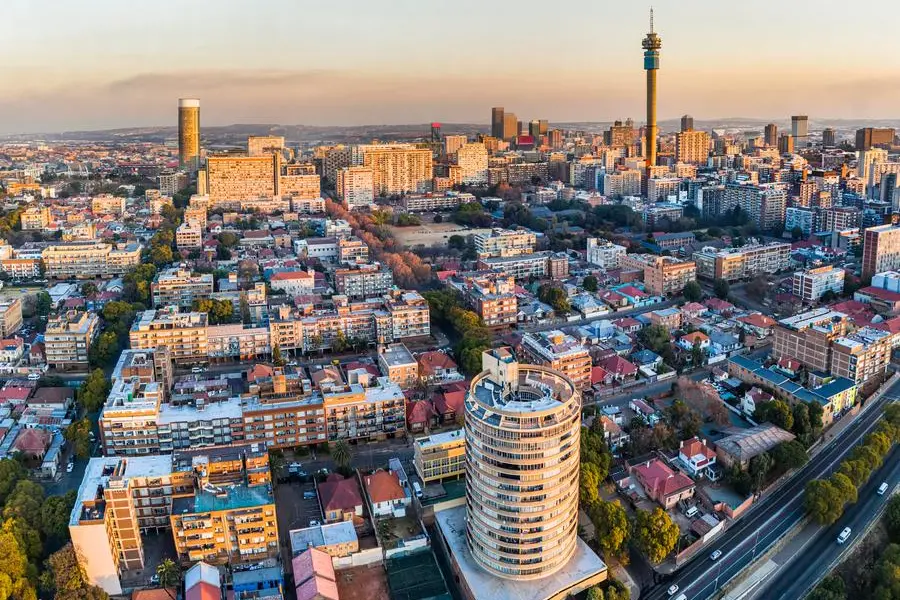PHOTO
During a recent state visit to Algeria by President Cyril Ramaphosa, Gert Blignaut, CEO of Beefmaster Group, highlighted significant opportunities for South Africa's red meat industry in Algeria.
He emphasised the country's growing demand for high-quality beef and lamb, a trend that has been successful in other Middle Eastern markets. Beefmaster Group, part of the state envoy invited by the Presidency, presented data showing strong export potential for South African red meat in Algeria.
Supply and demand in Algeria
Blignaut noted Algeria, with its population of approximately 47 million people, does not produce enough beef to meet domestic demand, importing beef from Brazil, India and Europe, as well as an average of 100,000 live cattle annually from France and Spain, according to available data. It also imports lamb from Spain and Australia.
Blignaut said in addition to having the capacity to supply Algeria’s demand for red meat, South African prices are also competitive.
"We produce world-class beef and lamb products that are very popular within the Middle Eastern markets. We have very good systems, controls and guarantees in place throughout the value chain to ensure a safe product. The markets that have already opened for us are proof of that," said Blignaut.
Middle Eastern market dominance
The Middle East and North Africa are expected to account for 58% of South African beef exports in 2024, and 93% of all lamb exports. According to trade statistics from SARS, currently, five out of the top 10 destinations for South African beef are Middle Eastern countries, as well as the top three importers of South African lamb.
Jordan and Kuwait are the two top importers of South African red meat, importing 5,406 tonnes and 4,797 tonnes respectively in 2023.
The United Arab Emirates came in fourth, after Mozambique, at 3 311 tonnes, Qatar fifth with 1,972 tonnes and Egypt seventh with 1,016 tonnes. Qatar, the UAE and Kuwait were the three top importers of South African lamb last year, importing 2,439, 1,355 and 1,177 tonnes respectively.
The South African red meat industry has repeatedly motivated growth in exports to ensure the long-term sustainability of the local industry. Beef is one of the big success stories of the agriculture industry. Whereas South Africa was a net importer of beef before 2014, according to Blignaut the industry has now become a net exporter.
With beef being the second fastest growing commodity in the agriculture sector, according to research by the Department of Agriculture, Land Reform and Rural Development, it is vital to open more export markets to sustain growth in the local industry.
Unlocking potential in African markets
Although South Africa has existing trade ties with Algeria, beef has yet to feature in the export basket. Beefmaster Group sees President Ramaphosa’s state visit is a chance to leverage the AfCFTA framework to enter untapped markets and forge stronger intra-African trade relationships.
"Even if farmers do not have the scale or ability to trade on the African stage, they can seek recognised supply networks or experienced partners to help them reach the scale necessary to take advantage of such opportunities provided by the agreement," said Blignaut.
Over the past six years, according to data from the Red Meat Industry Services, cattle producers have slaughtered on average 2,6 million cattle annually, producing an estimated 740,000 tonnes of beef, and it is expected that 2024’s slaughter numbers will exceed all years since 2018, reaching close on 2,8 million cattle slaughtered.
Beef exports are also set to top all years since 2018 and are expected to reach close to 37,000 tonnes.
All rights reserved. © 2022. Bizcommunity.com Provided by SyndiGate Media Inc. (Syndigate.info).





















